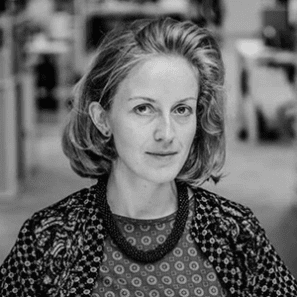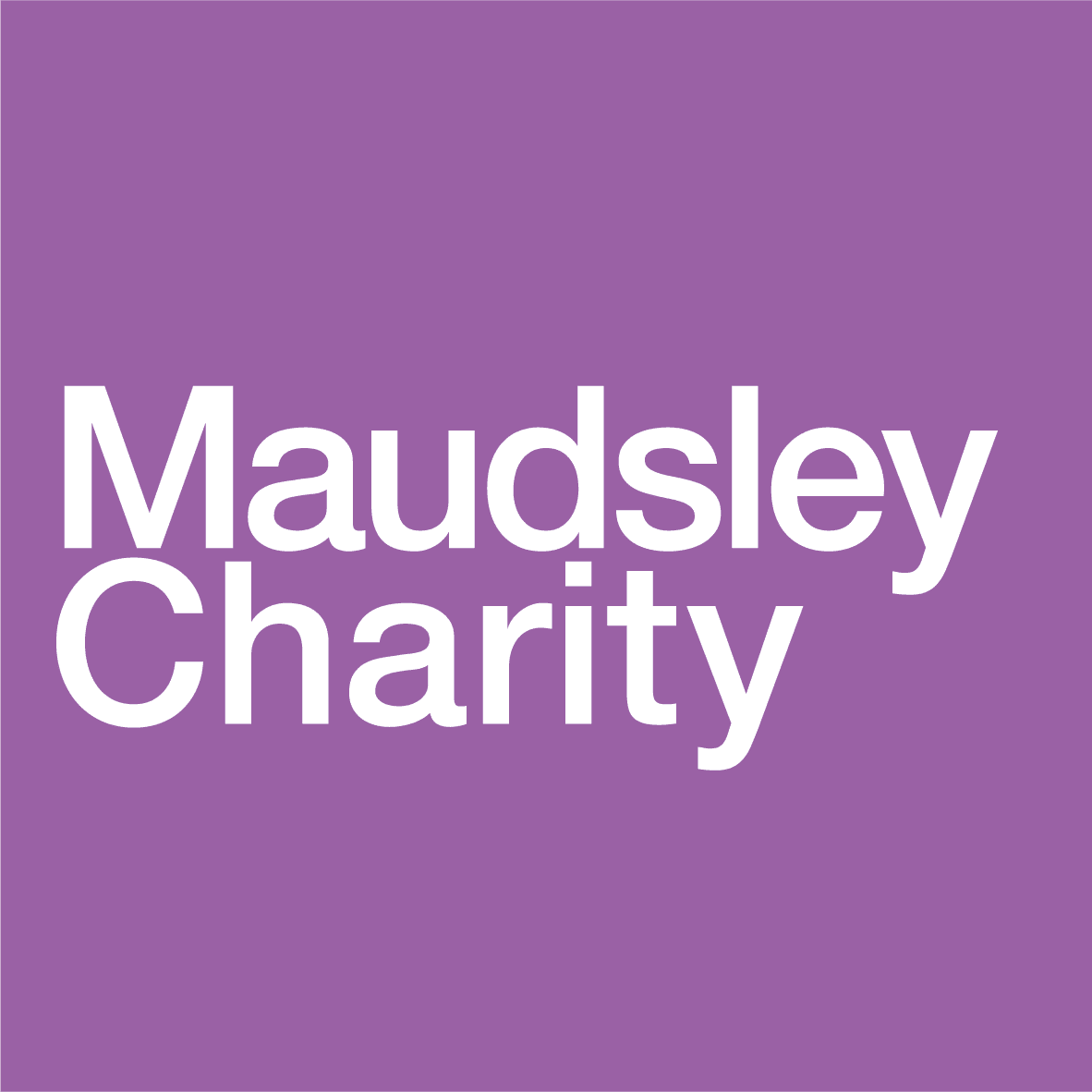How do you make an impact on a complex issue like mental ill health?
Alice Casey, Director of Programmes at Maudsley Charity blogs on our plans for Thematic Funding

Alice Casey
Director of Programmes
Alice is responsible for developing impact and innovation through grant making and bringing people together with varied expertise and experiences.
How do you make an impact on a complex issue like mental ill health?
At the Charity we are looking at how to make our financial and other resources go further in a way that can make significant and lasting changes for people affected by mental illness. We want to do the very best we can to support meaningful change for those experiencing mental illness and their families.
If you want to solve a complex problem, you need to focus on it – to understand it fully, to speak to those affected and go beyond surface-level issues to the root causes of the issues we need to tackle. When it comes to mental ill health there are many facets to explore, and these causes can be highly complex and interrelated. There is certainly not one silver bullet solution that can provide an answer. This means 1) tackling from multiple angles, 2) sharing learning about what works and what doesn’t, and 3) targeting resources clearly.
In this blog I am focusing on the last point, how to target resources clearly towards things that we are well placed to make an impact on. To do that we need to focus on the areas where we can make the most difference, by working in collaboration with our partners and drawing on expertise and experience of service users, their families and carers.
We currently have a fairly broad remit, and so are exploring how to draw on our varied assets and target them towards areas where there are opportunities to make the most meaningful impact for those affected by mental illness.
This means rather than looking at our grant-making entirely on the basis of individual grants and projects, we’re thinking about the collective impact of the work we support; looking for opportunities to bring a range of different approaches to bear on defined problem or opportunity areas. For example, rather than funding 30 projects that cover a very diverse range of communities, services and conditions, we could target a condition, service or community that has a specific and significant challenge to face – and really focus on getting change to happen on those issues, sharing new learning and building engagement around those areas to try and make a material impact.
We could also then support projects that aim to tackle a defined problem from different angles and intentionally join up those innovations and links, to strengthen the provision of support and increase the quality of learning, aiming to accelerate the development of effective approaches. I hope this would give a better chance of success in moving collective learning forward.
Practically speaking, this would of course still involve making grants but also connecting the people leading change, sharing their learning about what works and what doesn’t, disseminating work through accessible material and events, and raising the profile of the particular thematic area and most importantly of the viability of solutions available.
To be able to focus an approach in this way will include setting some clear priority themes for our funding programmes over the next three to five years.
How will we go about setting our themes?
Firstly, we are listening to our partners at South London and Maudsley NHS Foundation Trust and the Institute of Psychiatry Psychology and Neuroscience, King’s College London, to our community of service users, their families and carers, and to experts from many perspectives to see what their thoughts are around this.
We have also been carrying out a survey, undertaking some desk research and dedicating special resource and time to reach out and include service users, carers and families, recognising how important these voices are to our work. We are in the process of working with our Trustees and partners to shortlist and prioritise themes before further conversations with our wider community of stakeholders.
We are at the beginning of this process and expect to be using our themes to help guide a portion of our funding allocation to make a bigger impact for those who need our support the most.
You can follow us for updates on Twitter @MaudsleyCharity or visit our website: www.maudsleycharity.org for updates.
